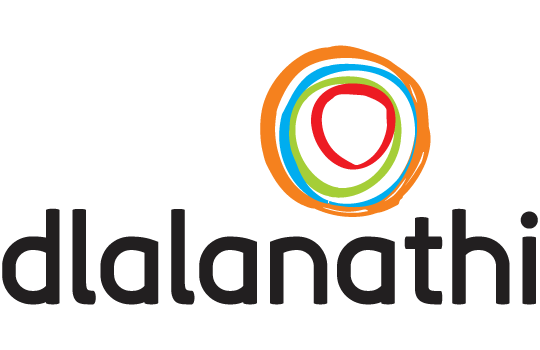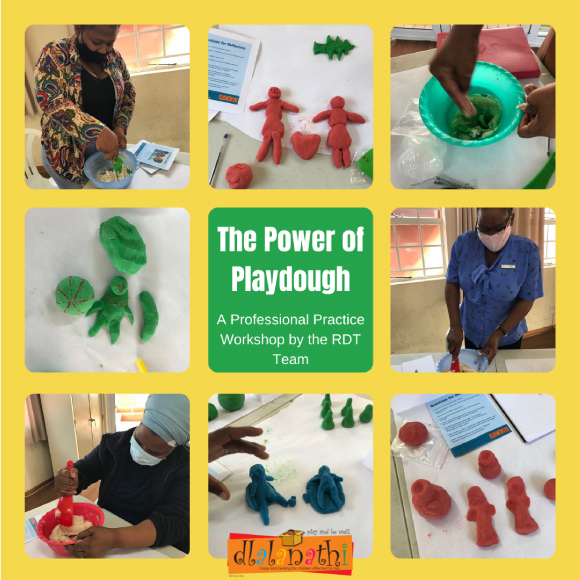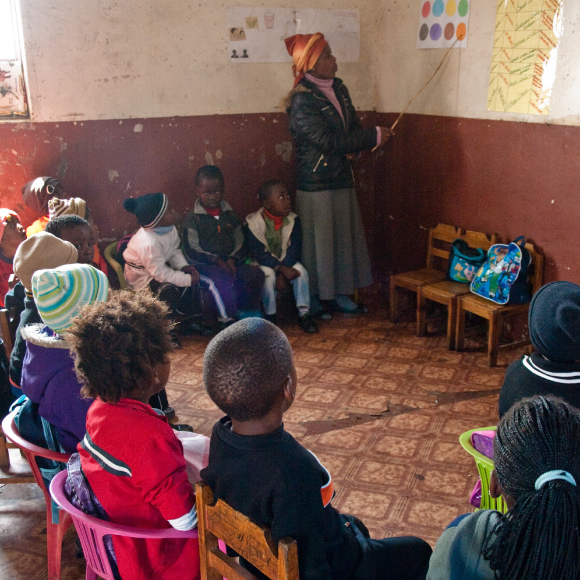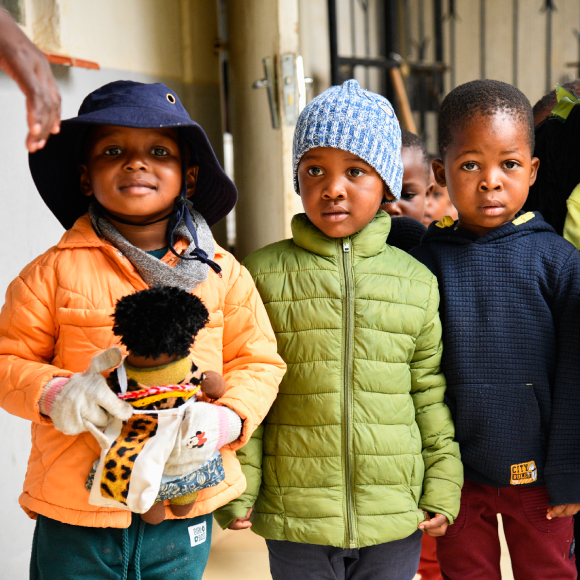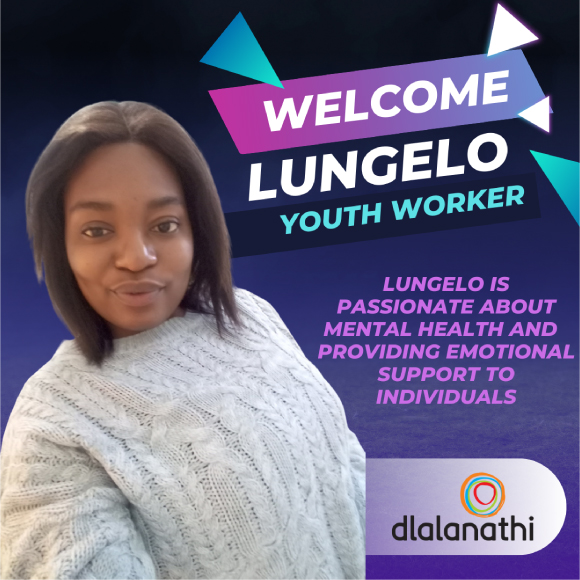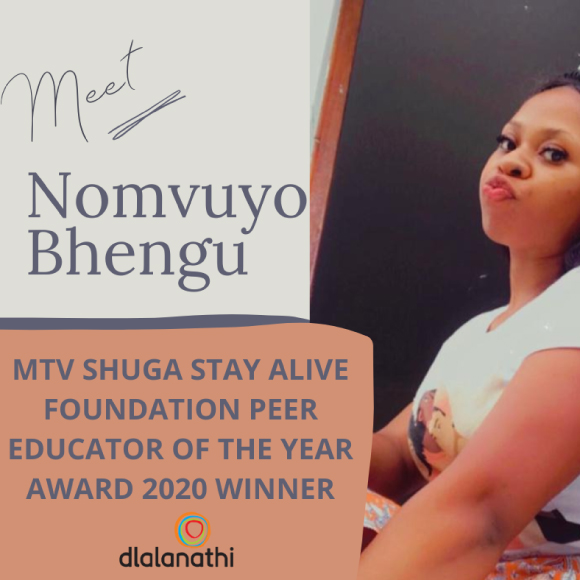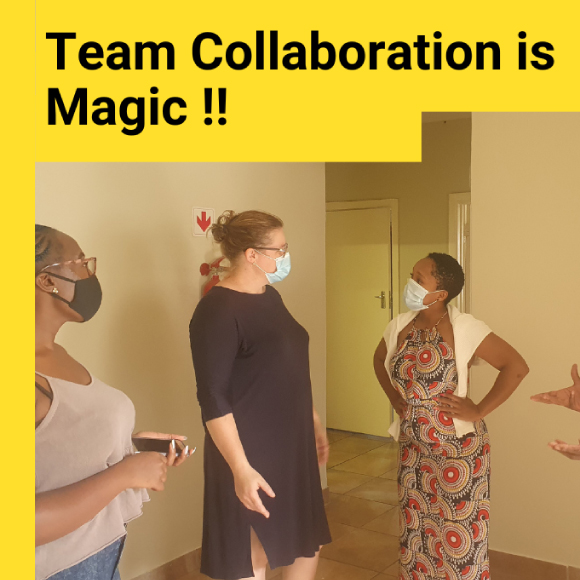- Home
- Blog
Blog
The Power of Playdough!
A Professional Practice Workshop by the RDT team. At Dlalanathi we have had a practice...
Dlalanathi
The Child Participation Process In Action
“Hustlers in Action”, one of our out of school youth groups, asked us...
Dlalanathi
Inspiring Confidence to Play!
During the school holidays, 12 newly trained women from Willowfontein joined our team...
Dlalanathi
Introducing The Team: Lungelo Maphalala
Tell me about yourself and your family? I am Lungelo Maphalala born and..
Dlalanathi
Meet Nomvuyo Bhengu
Nomvuyo has participated in our youth process since 2017 as part of a youth group...
Dlalanathi
Team Collaboration is Magic!
I found myself in the middle of a magic moment recently. It was a meeting between
Dlalanathi
